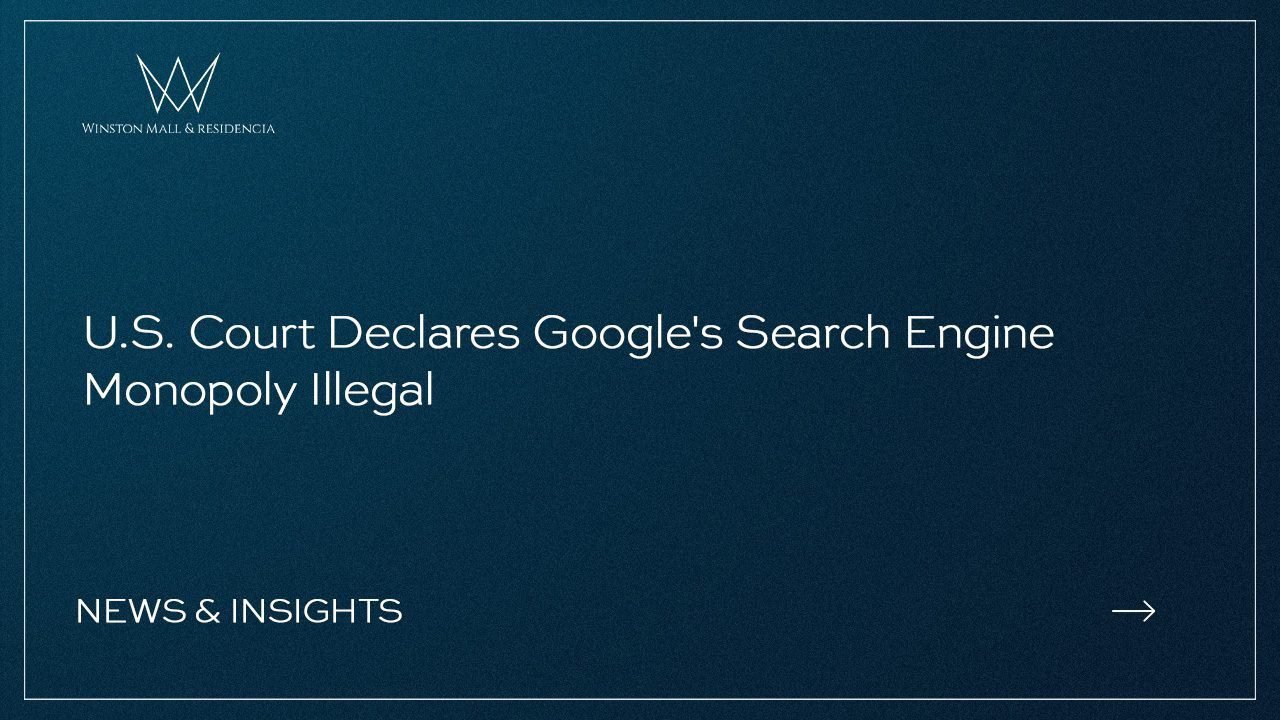A U.S. federal court has ruled that Google engaged in illegal practices to maintain its dominance in the search engine market. The 286-page ruling details how Google allocated approximately $26 billion to smartphone manufacturers and web browsers to set its search engine as the default, a strategy that hindered competition.
The court distinguished Google’s situation by noting its control over text-based advertisements atop search results, despite recognizing that platforms like Amazon and Walmart have developed their own advertising through internal searches. However, the court stopped short of labeling Google as a monopolist across all search advertising sectors.
Read More: Punjab University Opens Admissions for Undergraduate Programs
The verdict marks a major legal setback for one of the tech industry’s giants, the first of its magnitude in over two decades. While the court has yet to specify corrective measures, possibilities include offering U.S. Android users choices for their default search engine during device setup.
Another potential remedy being considered is the separation of Google’s search functions from its other entities, including Android and Chrome. If pursued, this separation would be the most significant corporate breakup in the U.S. since AT&T’s in 1984, which ultimately led to the creation of numerous regional telecommunications firms.
The findings underscore the significant role of Google’s financial agreements with companies such as Samsung and Apple, which solidified its search engine as the default, increasing its market share from 80% in 2009 to 90% by 2020. Google plans to challenge the decision, claiming its market position is a result of consumer preference.




